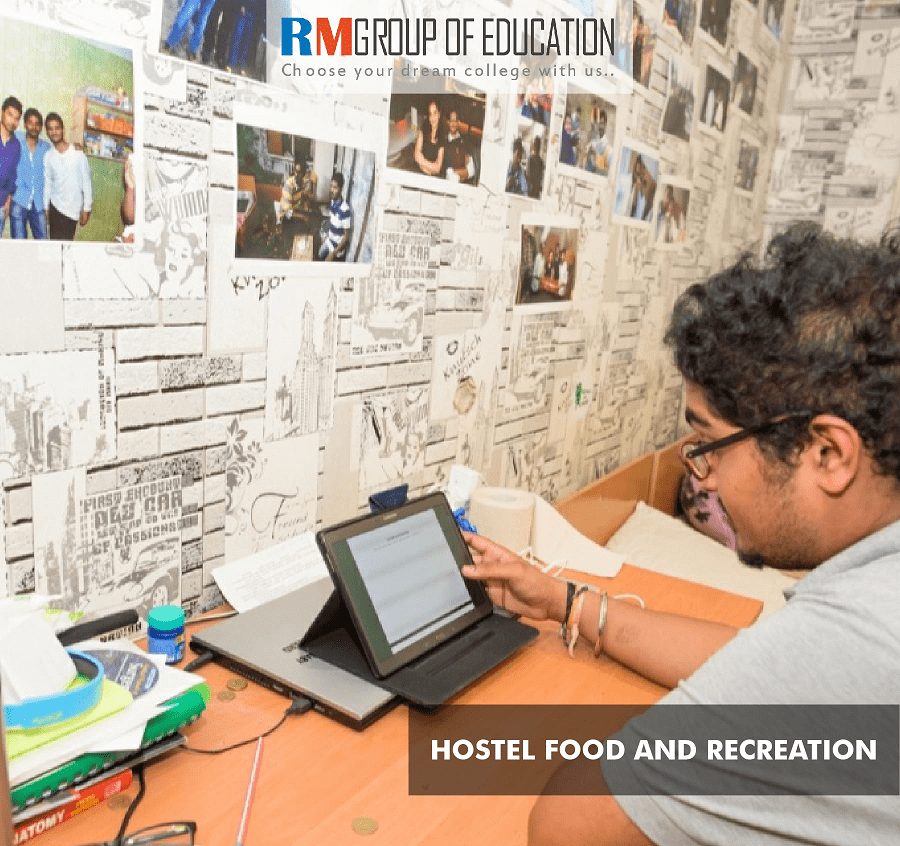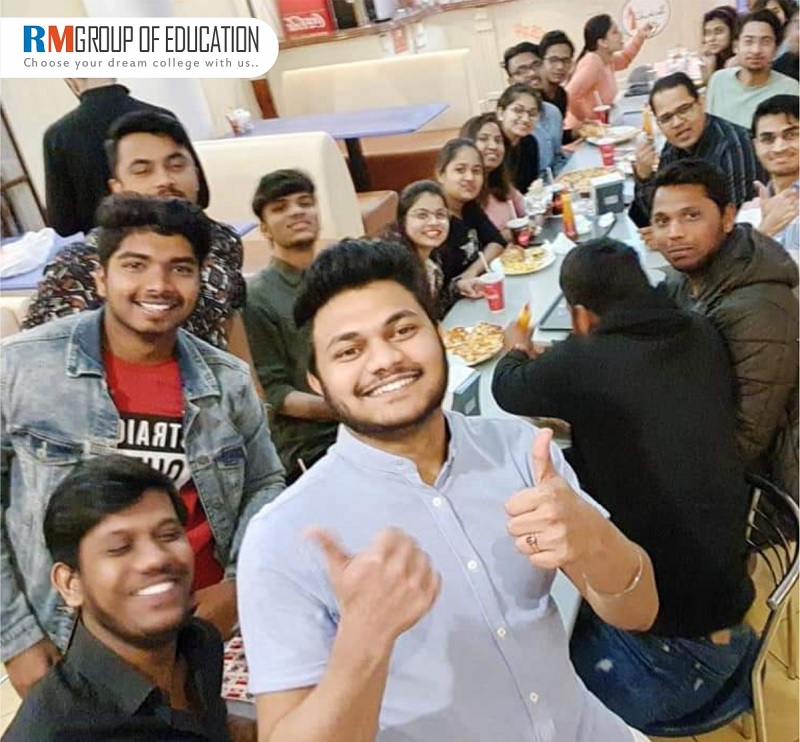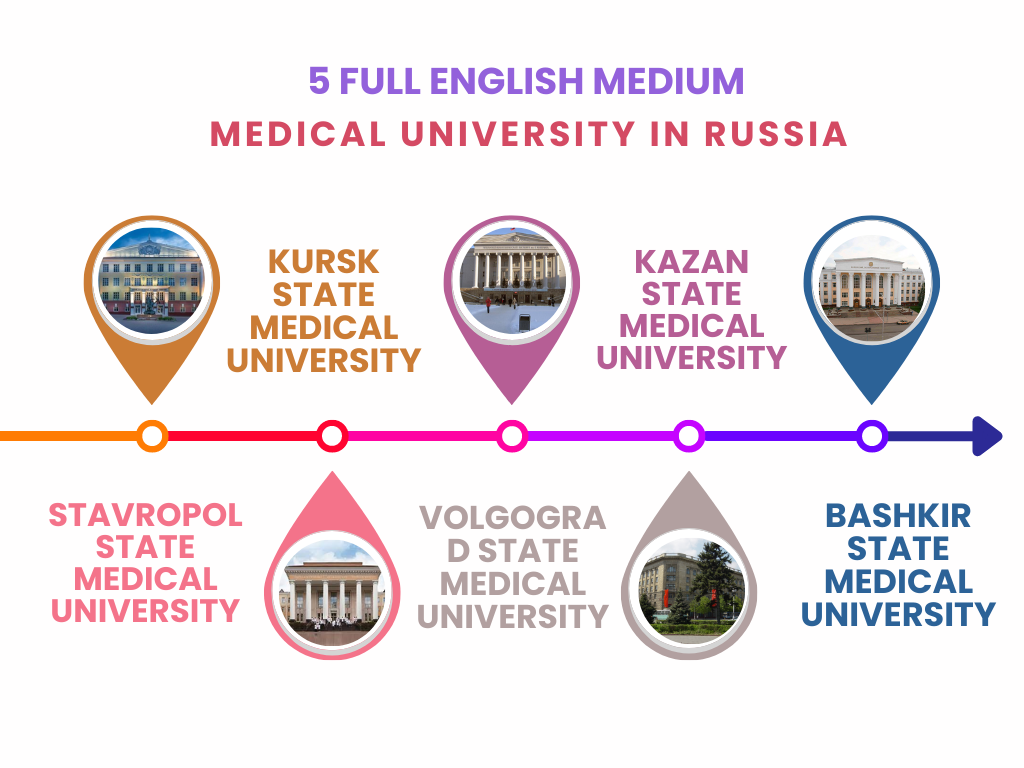Advantages and Disadvantages of Studying MBBS in Russia: Russia is becoming a top choice for students wanting to study MBBS abroad. It is known for its strong medical universities that offer quality education at affordable costs. The country has a high literacy rate and a well-developed education system recognized worldwide. Russian medical universities regularly update their courses to include the latest medical knowledge and technology, giving students modern and practical training. This makes Russia a popular and trusted option for Indian students looking to pursue their MBBS degree.
This article will provide you information about the advantages and disadvantages of studying MBBS in Russia.
[Page Index]
Why should you choose Russia to study MBBS?
Russia is a great choice to study MBBS for many reasons. The medical universities in Russia offer high-quality education at affordable fees, making it easier for students to manage costs. Many universities teach in English, so language is not a big problem. The country has modern facilities, well-equipped hospitals, and experienced teachers to give students practical training. Russian medical degrees are recognized by major organizations like the NMC and WHO, so you can practice medicine in India and around the world. Additionally, living costs in Russia are low, and the environment is safe and welcoming for international students.
Advantages of studying MBBS in Russia:
The advantages of studying MBBS in Russia is given below:
1. No Capitation or Donation
- Unlike many private medical colleges in India, most Russian universities do not charge extra donation or capitation fees, ensuring transparent fee structures.
2. No Entrance Test for Admission
- Admission is based mainly on 12th grade marks and scoring atleast 50% and clearing NEET get preference. There is no separate entrance exam for Russian medical colleges.
3. Affordable Living Costs and Low Tuition Fees
- Tuition fees in Russia range from ₹4.5 to ₹8 lakhs per year, which is more affordable compared to private Indian colleges. Living expenses are reasonable, approximately $200 to $300 per month, depending on lifestyle.
4. Free NMC Coaching
- Russian universities provide free coaching for the NMC screening test, which is necessary to practice medicine in India.
5. Comfortable Hostel Facilities
- Hostels are well-furnished, equipped with heating, Wi-Fi, and other essentials to ensure a comfortable stay, especially during winter.

6. Class Strength
- With classes of 12 to 15 students, individual attention from teachers is ensured.
7. International Exposure
- Students from various countries study together, offering a multicultural environment. Russia’s large population provides ample clinical exposure through patient interaction.
8. World-Class Infrastructure
- Universities have advanced laboratories, modern classrooms, and well-equipped hospitals, many of which are recognized by WHO, NMC, and UNESCO.
9. Scholarship Opportunities
- Numerous scholarships are available to support international students financially.
10. Government-Funded Tuition Fees
- The Russian government offers funded tuition fees opportunities to many international students, making education more affordable.
11. Opportunity To Learn Russian
- Free Russian language courses, including summer and distance learning programs, are available to help students adapt and communicate effectively.
12. Opportunity To Obtain Dual Diplomas
- Some universities collaborate with European institutions, allowing students to earn dual degrees, one from Russia and one from a partner foreign university.

Disadvantages of Studying MBBS in Russia
The disadvantages of studying MBBS in Russia are as follows:
1. Language Barrier
- Russian is the official language, which can be challenging for Indian and other international students. Most medical programs are offered in Russian, so students must carefully choose universities that provide courses in English or bilingual formats. Otherwise, learning Russian becomes necessary for effective communication and study.
2. Harsh Climatic Condition
- Russia has a cold climate with long winters, often with temperatures dropping below 0°C for several months. Indian students may find the cold weather difficult to adjust to. However, university hostels are equipped with central heating to ensure comfort during winter.
3. Longer Course Duration
- The MBBS program in Russia typically lasts six years, which is longer than in countries like Bangladesh, Kazakhstan, or Kyrgyzstan. Students should consider this factor when comparing options for medical education abroad.
4. Food and Accommodation
- Most Indian students prefer staying in university hostels, which are affordable and convenient. Choosing to live off-campus can be expensive and may involve additional costs for food and transport. Also, the availability of familiar and hygienic Indian food outside campus may be limited.
5. Student Safety
- Safety can be a concern for students who live outside the campus. In some areas of Russia, guns are more commonly seen, which may feel unsafe, especially for female students living alone. It’s safer and more secure to stay in hostels provided by the university.
6. FMGE Licensing Exam
- To practice medicine in India after graduating from Russia, students must pass the Foreign Medical Graduate Examination (FMGE). Passing this test is mandatory for all Indian medical graduates from foreign universities who wish to work in India.
5 Full English Medium Medical University in Russia
| Name of College | Place | Duration | Avg Annual Fees |
| Kursk State Medical University | Kursk | 6 Years | USD: $ 6,080 INR: Rs. 522,880/- |
| Kazan State Medical University | Kazan | 6 Years | USD: $ 5,523 INR: Rs. 4,75,000/- |
| Ulyanovsk State University Russia | Ulyanovsk | 6 Years | USD: $ 3,488 INR: Rs. 3,00,000/- |
| Petrozavodsk State University | Petrozavodsk | 6 Years | USD: $ 3,121 INR: Rs. 2,68,400/- |
| Kemerovo State Medical University | Kemerovo Oblast | 6 Years | USD: $ 3,081 INR: Rs. 2,65,000/- |



